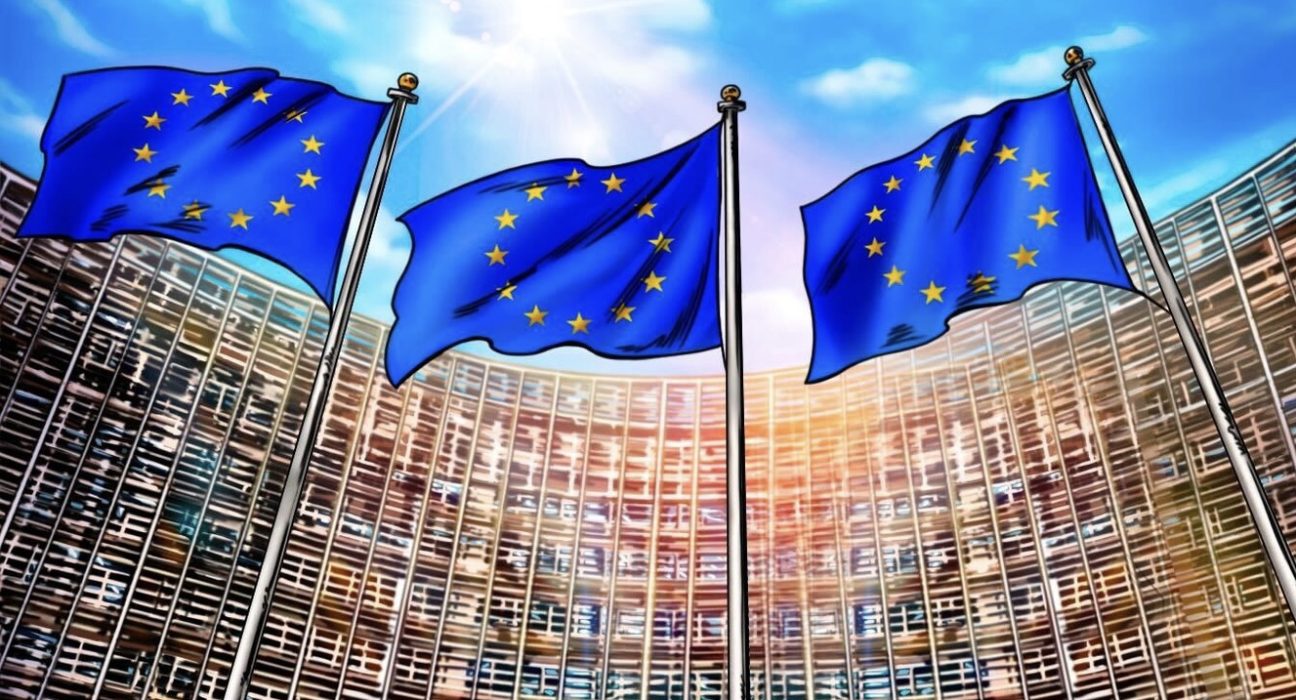The European Union is being urged to relax forthcoming regulations for open-source artificial intelligence (AI) models in an open letter signed by digital companies including GitHub, Hugging Face, Creative Commons, and others.
According to the letter, regulating upstream open-source projects as if they are deployed AI systems or commercial products would impede the development of open-source AI. It also asks policymakers to revisit certain of the rules of the EU’s Artificial Intelligence Act.
“This would be incompatible with open source development practices and counter to the needs of individual developers and non-profit research organizations,” stated GitHub in a blog post.
The group made five recommendations in particular to make sure the AI Act applies to open-source models, including clearly defining AI components, making it clear that developers working collaboratively on open-source models are exempt from the bill’s requirements, protecting researchers’ exceptions by allowing some limited testing in real-world scenarios, and establishing proportional requirements for “foundation models.”
Open-source software, as the name suggests, is software that is available for everyone to view, modify, and improve thanks to its publicly available source code. Open-source software aids in the development and use of AI models.With 499 votes in favor, 28 votes against, and 93 abstentions, the European Parliament passed the act by a substantial margin in June. Once the 27-member European Council agrees on a common version of the language proposed in 2021, the act will become a law.Individual discussions with EU members are required in the following stage to iron out the details.
The measure establishes a global precedent for regulating AI to handle its hazards and promote innovation, claims the open letter.
“The regulation has an important opportunity to further this goal through increased transparency and collaboration among diverse stakeholders,” reads the open letter, adding that “AI requires regulation that can mitigate risks by providing sufficient standards and oversight, […], and establishing clear liability and recourse for harms.“


